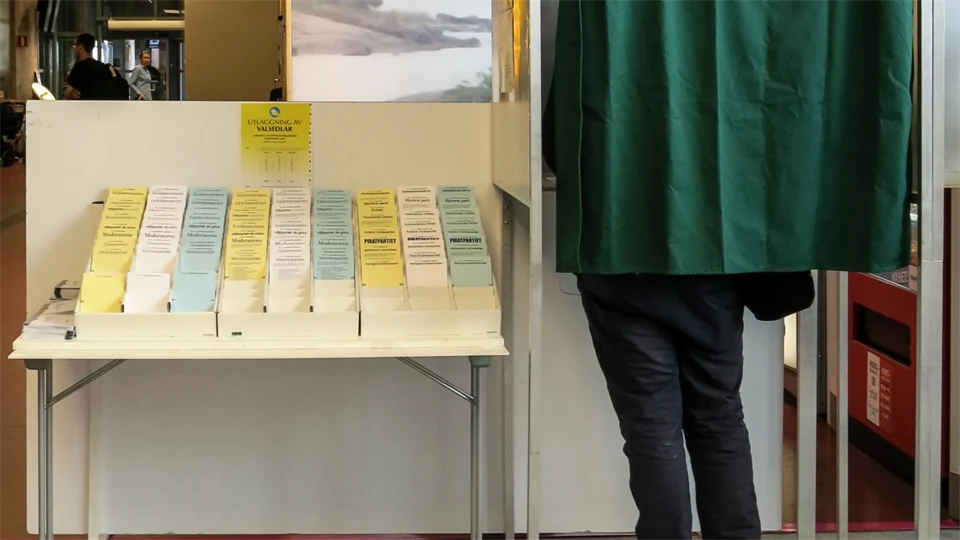Swedish 2026 election campaign study
The 2026 Swedish Election Campaign Study maps how the parliamentary parties in Sweden plan and conduct their election campaigns. Through surveys, interviews, and complementary data, the project provides unique insights into modern campaign strategies and how they have evolved over time.
The 2026 Swedish Election Campaign Study aims to provide an indepth and systematic understanding of how Swedish parliamentary parties organize, prioritize, and conduct their election campaigns. The project builds on a long tradition of campaign research in which the research team has, since the 2006 election, repeatedly collected data directly from party organizations. This continuity allows us to study how campaigns change over time, what strategic choices parties make, and how new media, resources, and political conditions shape campaign work.
The core of the study consists of two central data sources: party surveys and in-depth interviews with party secretaries or campaign managers. Before and after each election campaign, the parties respond to an extensive survey covering campaign design, strategic priorities, and key messages. By collecting information both before and after the campaign period, the study captures both planned and implemented activities.
In addition to the surveys, interviews are conducted in which party campaign leaders are given the opportunity to elaborate more fully on their strategic considerations. To further strengthen the analysis, these materials are complemented with additional types of data collected in parallel by the research team. This includes information on party membership trends, financial resources, content analyses of traditional and digital media, as well as the parties’ communication on social media platforms. Integrating multiple data sources enables a broader and more nuanced picture of how campaigns are carried out and what effects they may have.
The data from the Election Campaign Study 2026 will form the basis for a series of scholarly publications, reports, and public presentations. The project not only contributes to the academic understanding of election campaigns but also offers journalists, political actors, and the general public valuable insights into how parties work to reach voters in a rapidly changing media environment.
Our ambition is for the Election Campaign Study 2026 to remain the most comprehensive and recurring study of Swedish election campaigns, and thus a central resource for anyone seeking to understand the dynamics behind parties’ strategic behavior during election campaigns.
Previous Publications
Politik är att vinna, an analysis of how election campaigns are conducted in Sweden is presented. What impact has the rise of social media had? How decisive is the size of campaign funds? And how do traditional methods such as door-to-door canvassing, campaign booths, and election posters hold up?
Second thoughts on digital first: Exploring the development of election campaigning among Swedish political parties, 2010–2022 provides a longitudinal perspective on communications during election campaigns from a political-party perspective, where strategic considerations about digital media are compared across time.
Views from the other side - Party perceptions on news media in Swedish election campaigns 2010–2022. This study explores the perspectives of political parties regarding news media coverage in election campaigns. By analyzing official post-election analyses produced by Swedish political parties from 2010 to 2022, the study offers a novel approach to the study of political party views of news media.
Not so Intimate Instagram: Images of Swedish Political Party Leaders in the 2018 National Election Campaign This study focuses on how political party leaders chose to use visual images in their self-presentation on Instagram during the 2018 general election in Sweden. This is done through a quantitative content analysis of party leaders’ posts during the last three weeks before Election Day.
Reaching the Voter - Exploring Swedish Political Parties’ Assessment of Different Communication Channels in Three National Election. This study analyses the ways in which political parties value the importance of traditional news media, social media and traditional methods for communication with voters during election campaigns. The empirical material covers the 2010, 2014 and 2018 Swedish national elections, enabling us to make comparisons within the same national context as well as to explore their development over time.
Facts
Project period
260101—261231
Research centers
Departments
Project leader

Project members


